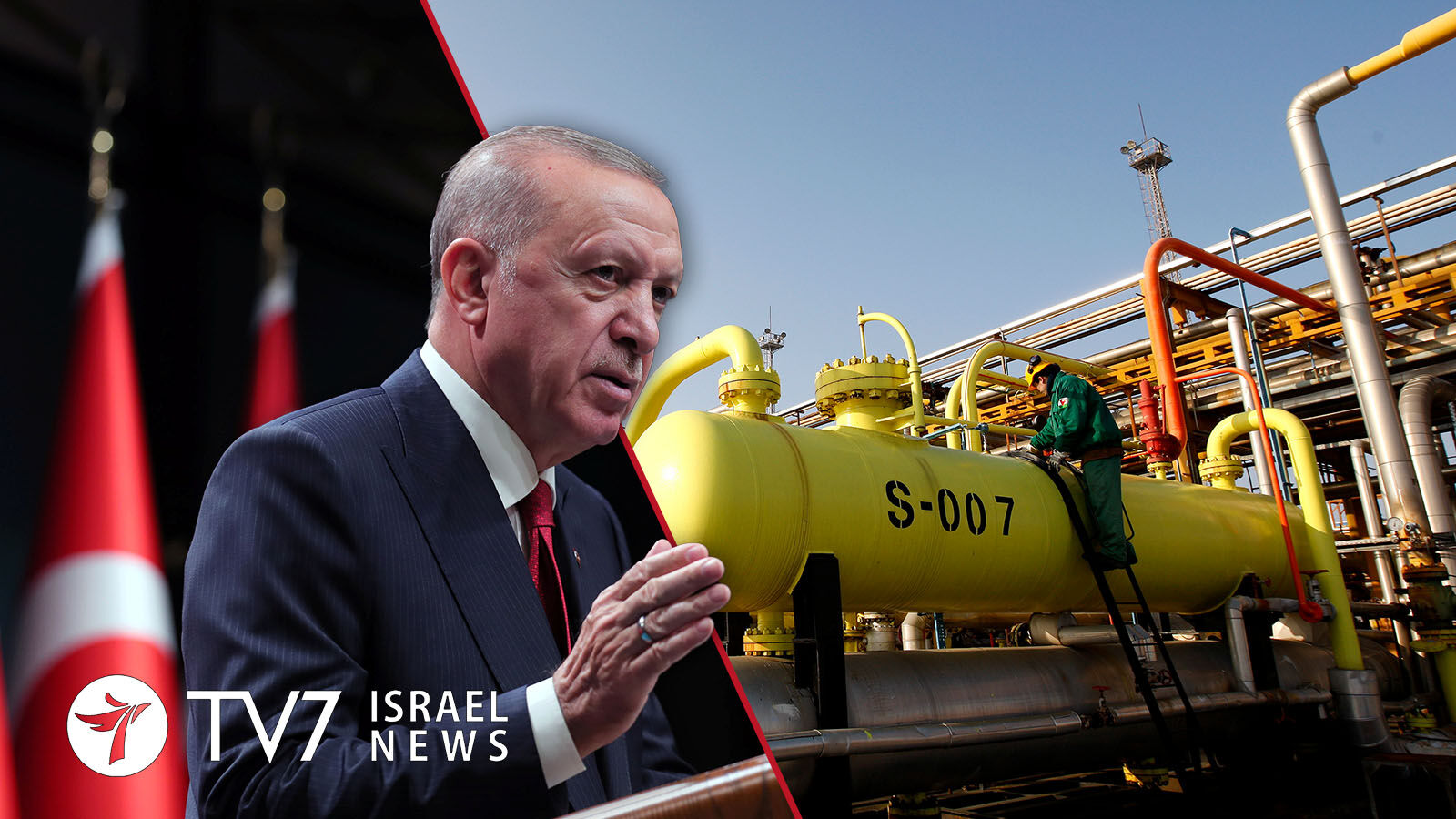The United States has withdrawn its support for a subsea pipeline that would supply natural gas from the eastern Mediterranean Sea to Europe, Turkish President Recep Tayyip Erdoğan reportedly said.
By Erin Viner
“This project is not something that can happen. They (the United States) carried out all the analyses, and they saw it had no positive sides. In other words, the cost calculations don’t add up,” Erdoğan told reporters during a visit to Albania, according to the Turkish nationwide television news channel NTV.
“The United States takes all its steps based on capital in any case. Since the cost calculations for this didn’t add up, it pulled its support,” he added, while insisting that the project “cannot work without Turkey.”
The EastMed pipeline, seen as a route to minimize European dependence on Russian gas, was supported by former US President Donald Trump. Reuters reported last week that the Biden administration, in an apparent U-turn, had expressed misgivings about the project, citing concerns over its economic viability and environmental costs.
Turkey has long opposed the project – which is backed by Israel, Greece and Cyprus. Under a tripartite 2020 cooperation deal, Jerusalem, Athens and Nicosia agreed to make final investment determinations next year and complete construction by 2025.
The 1,900-km (1,180-mile) proposed pipeline would initially be expected to carry 10 billion cubic meters of gas from Israeli and Cypriot waters to Greece and into Europe’s gas network via Italy each year.
Regional politics could offset the initiative, and it now remains unclear whether the project will ever be carried out.
NATO allies Turkey and Greece are locked in a dispute over competing maritime and energy rights in the eastern Mediterranean. Ankara has no diplomatic relations with the internationally recognized government in Nicosia, instead backing a breakaway Turkish Cypriot entity in the northern island nation.
Signaling an apparent warming of Ankara’s ties with Jerusalem, Erdoğan was cited as saying yesterday that previous attempts to cooperate on energy resources between the sides had never advanced.
“Is there no hope of reaching something now? We can sit down and discuss terms,” he said, without providing details.
A day earlier, Erdoğan said that Israeli President Isaac Herzog might travel to Turkey soon on an official state visit, while suggesting that the 2 coastal nations on the gas-rich Mediterranean should sign an energy pact, adding that, “Politics is not a struggle, we must take politics to a line of peace.”
Local Israeli media cited a senior governmental source who said President Herzog is considering acceptance of Erdoğan’s invitation but that a final decision on the visit has yet to be reached.
